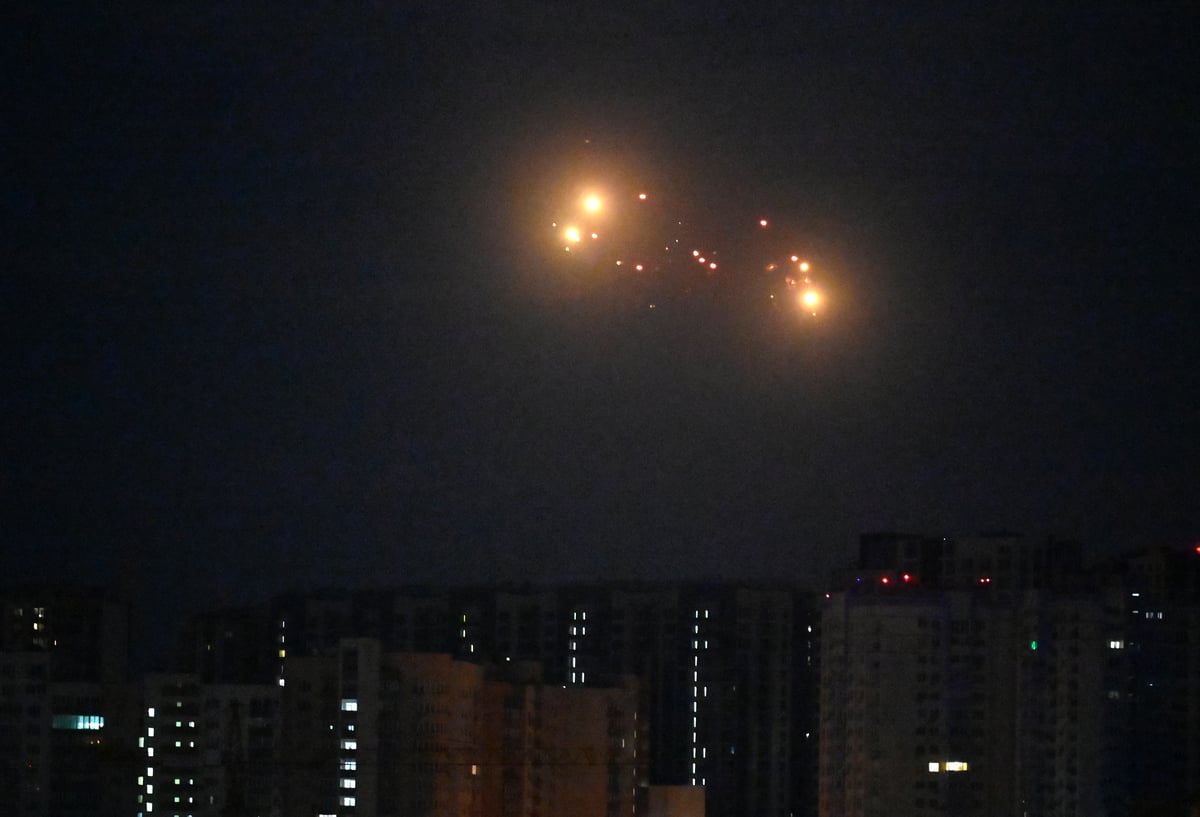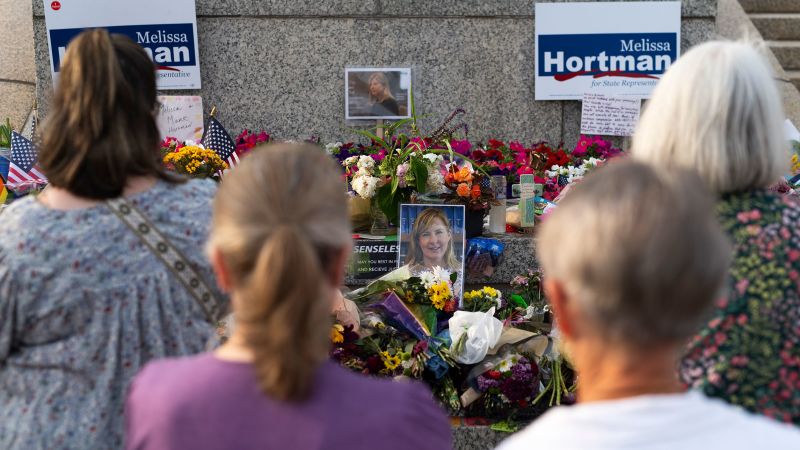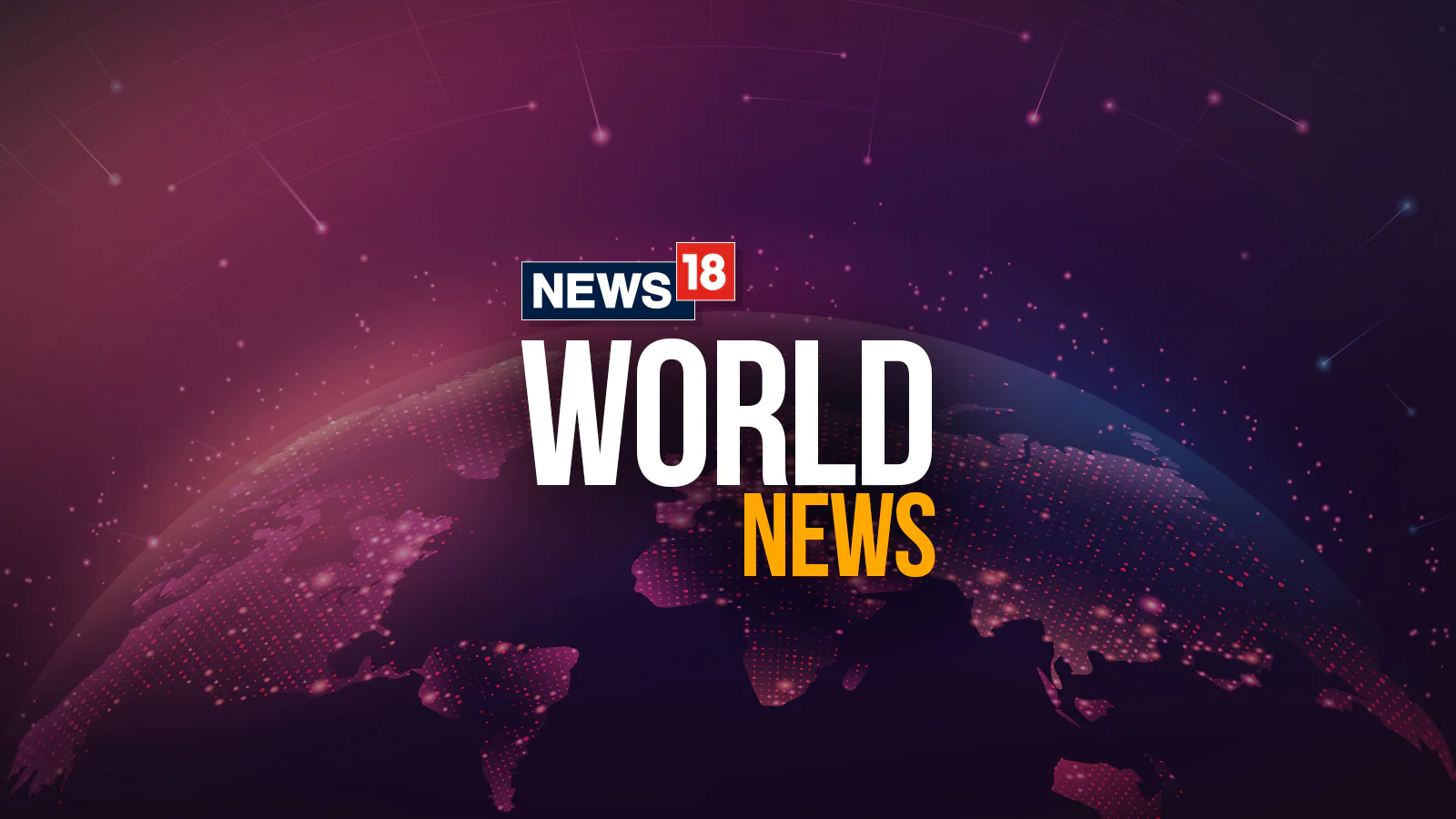UK drone programme as NATO allies condemn ‘deliberate’ drone strikes and experts warn of Russian ‘test’
By Martyn McLaughlin
Copyright scotsman

The UK will mass produce cutting-edge interceptor drones to help Ukraine fight off Russian aerial attacks following an unprecedented violation of Polish airspace that experts say will lead to the “substantial” NATO reinforcement in the region. Professor Rick Fawn from the University of St Andrews said it appeared the incursion of Russian drones over Poland was “deliberate” on Vladimir Putin’s part and described it as a “test”. But he warned the Russian president would make “no gain” from the incident, and said it highlighted the need for “western unity and resolve.” Another expert, Dr Dimitrios Anagnostakis, a lecturer in politics and international relations at the University of Aberdeen, said he expected the likes of Poland, Finland, and the Baltic states would have an “increased impetus” to consolidate and expand their defence and security preparedness. The Ministry of Defence is set to announce production of drones designed by Ukraine with support from UK scientists and technicians, which are highly effective in destroying the one-way attack aircraft that Moscow continues to launch at Ukrainian cities. Defence Secretary John Healey will detail the project, the first under a technology-sharing deal with Kyiv, at the Defence and Security Equipment International (DSEI) trade show in London on Thursday. Mr Healey, after holding talks in London on Wednesday with defence officials from Poland, Italy, France and Germany, condemned Russia’s “reckless” incursion. He said Mr Putin was “testing us” with the “reckless” attacks, and vowed that western allies “will stand firm.” In what was the first defensive action of its kind since Moscow’s full-scale invasion of Ukraine in 2022, Polish defence aircraft and NATO jets shot down a series of Russian drones, with Poland describing the incident as an “act of aggression.” Russia’s defence ministry said it did not target Poland, and its close ally, Belarus, said it tracked some drones that “lost their course” because they were jammed. However, several European leaders said they believe that the incursion amounted to an intentional escalation by Russia of its war on Ukraine. Poland said some of the drones came from Belarus, where Russian and Belarusian troops have begun gathering for war games starting on Friday. Polish prime minister Donald Tusk said 19 violations were recorded over seven hours, but that information was still being gathered. Eight crash sites have been found, a government spokesman said. Mr Tusk told Polish MPs: “I have no reason to claim we’re on the brink of war, but a line has been crossed, and it’s incomparably more dangerous than before.” He added: “This situation brings us the closest we have been to open conflict since World War Two.” Prof Fawn, an expert in international security whose research has included the management of threats across the European Union’s eastern flanks, said the number of drones that entered Polish airspace, and the range involved, meant that it was unlikely to have been a “mere accident” on the part of the Russians. “This looks like a test, a deliberate act, but that does not in itself make the Russian move a smart one,” he told The Scotsman, adding that there was “some element of Russian testing” at play,” a tactic he dismissed as “misguided” and “inept.” He explained: “This incursion, and it is unprecedented, will work well for those in the EU and NATO who have advocated for firmer lines against Russia. “The biggest immediate response is in Poland successfully intercepting and we can expect more of that, including the physical reinforcement of what are substantial NATO forward deployments in Baltic and Poland, and not to forget Romania, which now has NATO’s largest European base. Dr Anagnostakis, whose interests include EU-NATO relations, said: “It is likely that Russia did this intentionally and that Moscow is testing the preparedness of NATO’s defences or it simply wants to send a message to NATO and the west. “Belarus claimed that drones were ‘jammed’ and went off course but, given the links between Belarus and Russia, this claim could be part of Russia’s ‘plausible deniability’ tactics. If this drone incursion was indeed intentional, then it can be seen as part of Russia’s broader toolbox of hybrid threats and hybrid campaigns, namely actions designed to destabilise European societies and to sow doubt among populations, short of open military aggression.” Dr Kasia Kaczmarska, senior lecturer in politics and international relations at the University of Edinburgh, echoed calls that the attack looks like a “deliberate act” on part of Russia, and said Moscow appeared to be capitalising on US president Donald Trump’s “irresponsible approach to negotiations over the ceasefire and peace deal,” and the lack of any “meaningful pressure” from Washington. She added: “Russia also seems to be testing the working of NATO under the conditions of the transatlantic rift. Following these attacks, I would expect Moscow to offer a quasi-carrot to Donald Trump, to create the impression that Putin remains interested in peace and only Europe and Ukraine stand in its way.” Mr Healey said the UK already had around 300 armed forces personnel in Poland. Until July, six RAF Typhoon jets were operating from Poland as part of NATO’s air policing mission – a task shared between the members of the alliance. “We will do what we can as part of NATO, as part of a collective response that Poland has asked for from us, its NATO allies,” Mr Healey said. The Scotsman’s daily newsletter brings you the best news – subscribe now Asked if he believed the Russian defence ministry’s denial that it intended to target Polish territory, he replied: “We’ll make our own assessment … it should be no surprise to anyone that the first reaction from the Kremlin is to deny any responsibility, to deny any intent behind it.” Downing Street said RAF jets were not involved in destroying the Russian drones. NATO Secretary General Mark Rutte said the Netherlands, Italy, Poland, and Germany played a role in the overnight response, with Dutch F-35 fighter jets stationed in Poland under NATO providing support to the Polish air force. The alliance chief said NATO was “vigilant” and would defend “every inch” of its territory. But leaders in the Baltic states of Lithuania, Latvia and Estonia – the NATO members most nervous about Russian aggression given their close proximity – and expressed deep concerns after the escalation. Dr Anagnostakis said he did not expect any drastic change in NATO’s diplomatic or military posture in the short-term, but added: “It is more likely that the member states who are more affected by security developments in Ukraine, namely the Baltic states and states such as Poland and Finland will have an increased impetus to consolidate and expand their – already bolstered, compared to the pre-2022 period – defence and security preparedness.” Poland has complained about Russian objects entering its airspace during attacks on Ukraine before. In August, the Polish defence minister said that a flying object that crashed and exploded in a cornfield in eastern Poland was identified as a Russian drone, and called it a provocation by Moscow. In March, Poland scrambled jets after a Russian missile briefly passed through Polish airspace on its way to a target in western Ukraine , and in 2022, a missile that was likely fired by Ukraine to intercept a Russian attack landed in Poland, killing two people.



